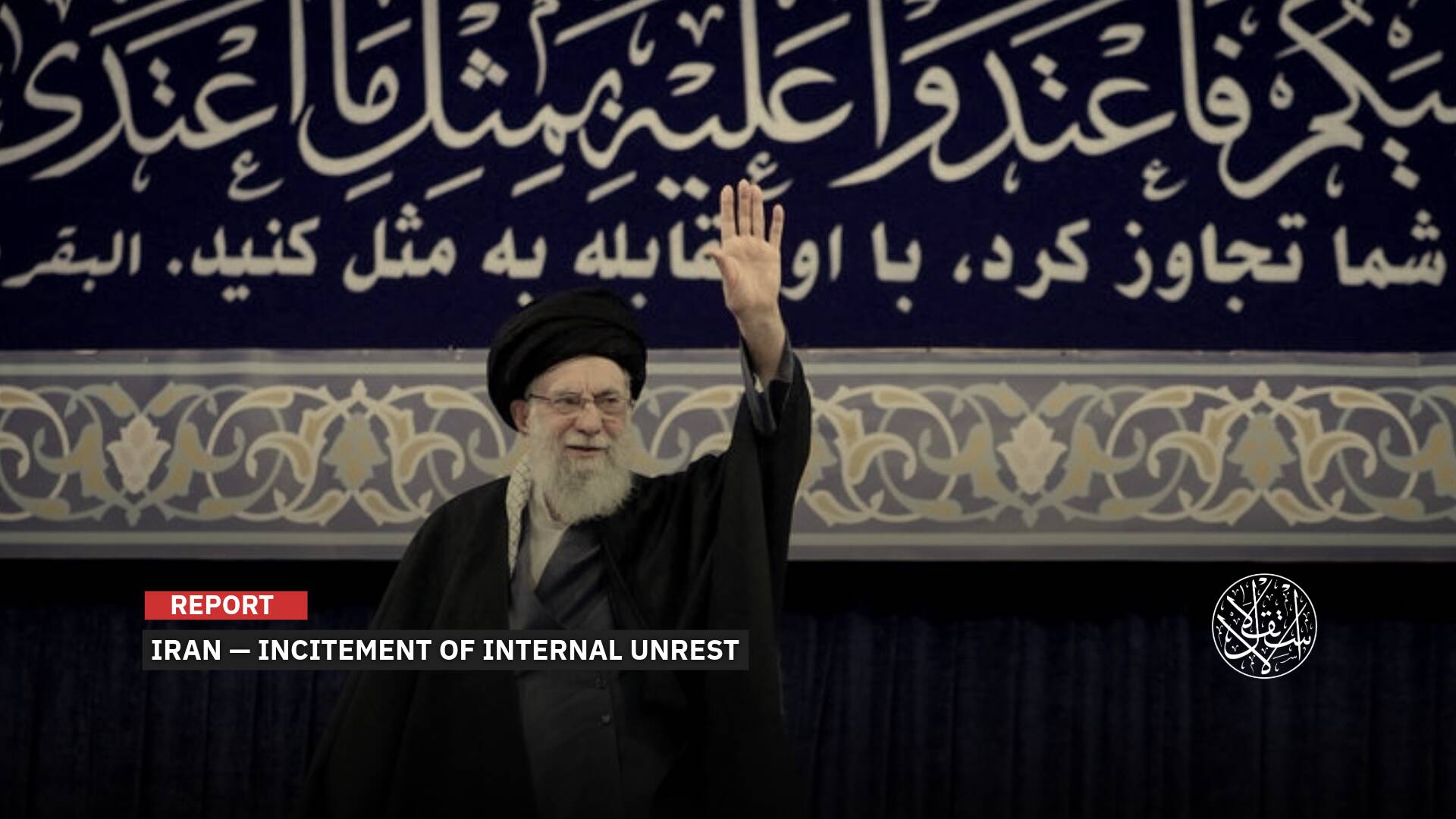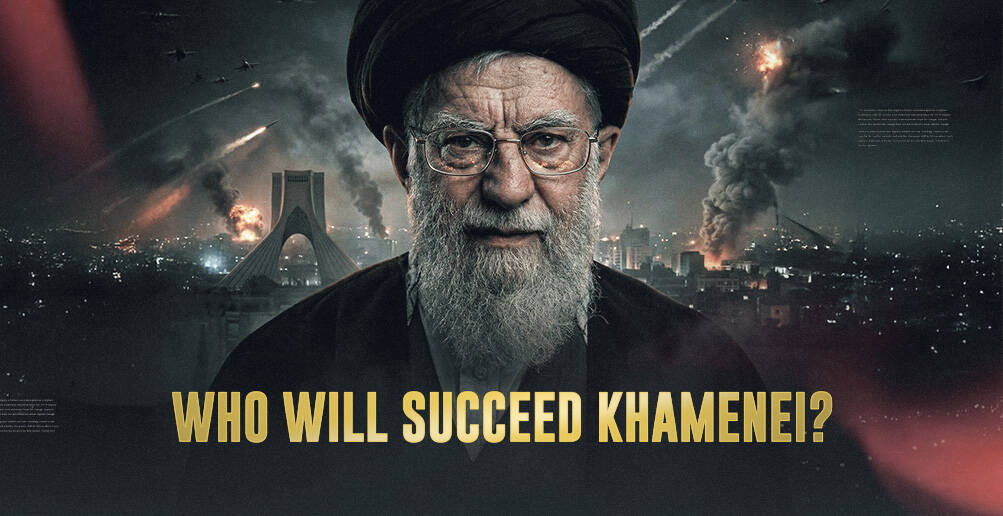The ‘Real’ Mo Farah: From a Victim of Human Trafficking to an Olympic Champion

The British Olympic champion Mohamed Farah revealed terrifying secrets about his life before he became a famous athlete. The BBC broadcast a special documentary on how he arrived in the British capital, London.
In a documentary film called The Real Mo Farah, on the British BBC channel, the famous runner Mohamed Farah spoke about his beginnings and revealed that he arrived in Britain illegally as a refugee from Mogadishu (Djibouti) when he was a child at the age of 9 years old. He disclosed that he was forced to work as a servant in Houses.
Mohamed Farah indicated that he is a victim of illegal human trafficking and confirmed that he kept this secret for many years, stressing that his family had never traveled to Britain, and his mother and two brothers live today on a farm in Somalia. Farah said his father was shot dead when he was four years old.
His mother and two brothers live on the family farm in Somaliland, a breakaway region of Somalia that is not recognized internationally.

Secrets Revealed
Mo Farah revealed in the BBC documentary that his real name is Hussein Abdi Kahin and that his name was changed to Mohamed Farah in the fake travel documents used by a woman—he did not meet before—to be deported to Britain.
Farah noted that as soon as he arrived in Britain, instead of taking him to his relatives, the woman took him to her home in Hounslow, west London, and tore the piece of paper with the contact details of his relatives. The woman's family did not allow him to go to school until the age of 12, and he was forced to do household chores and take care of children in exchange for food.
Farah adds: "For years, I just kept blocking it out. But you can only block it out for so long. Often I would just lock myself in the bathroom and cry."
Mo Farah, 39, was born in Somalia in 1983. The documentary mentions that he was brought to Britain from Djibouti as a child.
Currently, Mo Farah holds British citizenship and represents Britain in sports events.
According to previous accounts about the life of Mo Farah and his family, it was known that he had a twin brother Hassan who remained in Djibouti and worked there as a communications engineer, and he also had a cousin, Yunus Farah, who represented the Somali national football team.
But after Mo Farah's true identity is revealed, it turns out his birth father was murdered when he was 4 years old and his birth mother and siblings live on a farm in Somalia.
In April 2010, Farah married his longtime girlfriend, Tania Neal. They had two twin daughters, Aisha and Amani, and a son, Hussein.

The Real Mo
Farah mentioned that Alan Watkinson, his physical education teacher, called the Department of Social Services and helped him find a foster family from the Somali community after Farah told him what he was going through.
Farah said about this: "I felt like a lot of stuff was lifted off my shoulders, and I felt like me. That's when Mo came out—the real Mo."
"I had no idea there were so many people who are going through exactly the same thing that I did. It just shows how lucky I was. What really saved me, what made me different, was that I could run."
His early years in the UK were fraught with difficulties as he faced major challenges in integrating into society as a boy from Africa. Interested in sports from a young age, he was adept at running and playing soccer and eventually chose to run.
He ran for the Newham and Essex Beagles Athletics Club and trained at St. Mary's University College in Twickenham from 2001 to 2011. He received tremendous support from key figures such as the women's marathon Paula Radcliffe and philanthropist Sir Eddie Kulukundis who helped him in his running career and becoming a naturalized British citizen.
Mo Farah initially trained under coach Alan Storey in 2001 and won the 5,000m at the European Youth Athletics Championships title that year.
International Awards
The British runner Mohammed Mo Farah is one of the brightest names in the sports arena today, given his achievements over the past years. The Guardian described him as "the most successful male track distance-runner ever."
Mo Farah clocked 13 minutes 9.40 seconds for the 5,000m to become Britain's second-fastest sprinter after David Moorcroft in 2006. That same year he won silver at the European 5000m Championships in Gothenburg and the 2006 European Country Championships in San Giorgio Su Legnano, Italy.

Over the next few years, he also trained in Kenya and Ethiopia, after which he won European titles in 2010 in the 5000m and 10000m. He moved to Portland, Oregon, in 2011 to train under American coach Alberto Salazar.
2011 was a very successful year for Mo Farah. He won gold in the 3000m at the European Indoor Championships. He then proceeded to win the silver in the 10,000m and then the gold in the 5,000m at the 2011 World Championships in Athletics in Daegu, South Korea, becoming the first British man to win a world championship medal at either distance.
His career was about to reach even greater heights in 2012. At the 2012 London Olympics, he won Britain's first Olympic gold medal in the 10,000 meters in a time of 27:30.42. He achieved a long-distance double at the 2012 Olympics when he won the 5,000m in a time of 13:41.66.
In 2013, Mo Farah broke the European 1500m record with a time of 3:28.81 at the Hercules meeting in Monaco. With this feat, he broke the records of 28-year-old Briton Steve Cram and 16-year-old European Fermin Cacho. In the same year, he also won the 10,000m and 5,000m events at the World Championships in Moscow.
He was supposed to compete in the 2014 Commonwealth Games in Glasgow, but illness forced him to withdraw.
In 2015, he broke the two-mile world record in the Birmingham Indoor Grand Prix by running in a ratio of 8:03.4 to break Kenenisa Bekele's record. He proceeded to win the long-distance gold medal at the 2015 World Championships in Athletics at the age of 32.
His impressive form continued at the 2016 Rio Olympics, where he won gold medals in the 10,000m and 5,000m, becoming the second athlete in modern Olympic history, after Las Verne, to defend the 5,000m and 10,000m titles successfully.












